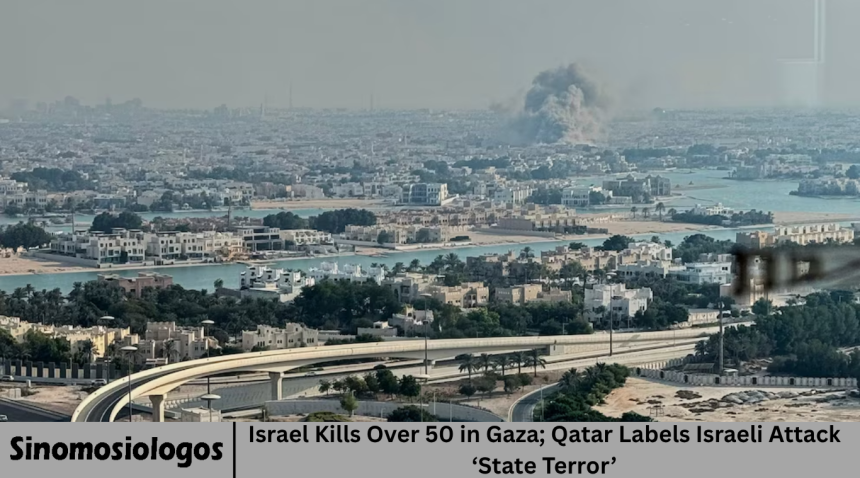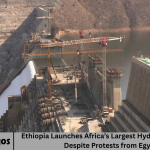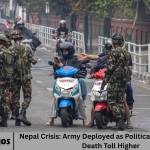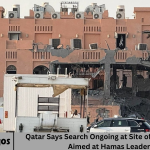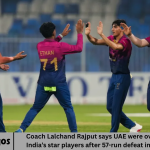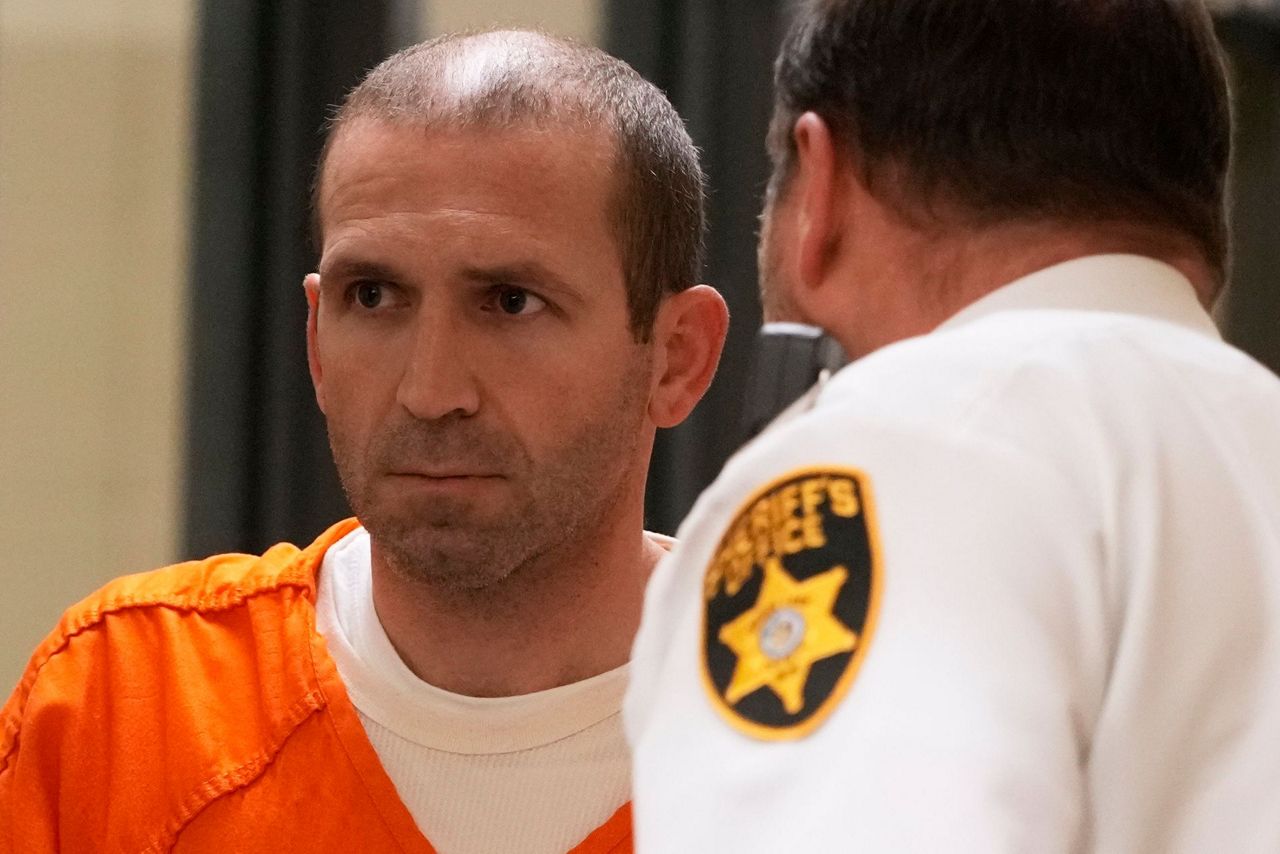A recent Israeli military strike in Gaza has resulted in the deaths of over 50 people, escalating tensions in the already volatile region. The attack has drawn sharp criticism from Qatar, which condemned the action and labeled it as ‘state terror.’
This article explores the details of the incident, the responses from various parties, the impact on the Gaza Strip, and the broader implications for peace and security in the Middle East.
Background of the Conflict
The conflict between Israel and Gaza is long-standing, rooted in deep political, religious, and territorial disputes. Gaza, controlled by Hamas, a Palestinian militant group, has been a frequent flashpoint of violence with Israel. Israeli military operations often target Hamas leaders and infrastructure, which Israel claims are necessary for security.
However, these strikes frequently result in civilian casualties, causing international concern and condemnation. The cycle of attacks and retaliations continues to destabilize the region and harm innocent people.
Details of the Recent Israeli Strike
The latest Israeli airstrike targeted locations in Gaza believed to be linked to Hamas leadership and militant operations. The attack killed over 50 people, including both militants and civilians, according to local sources and international observers.
Homes, medical facilities, and public infrastructure were reportedly damaged or destroyed. The strike came amid ongoing hostilities and heightened tensions following earlier clashes and rocket fire from Gaza into Israeli territory.
Qatar’s Response and Accusations of ‘State Terror’
Qatar, a key player in Middle Eastern diplomacy, strongly condemned the Israeli attack. Officials from Qatar called the strike ‘state terror,’ accusing Israel of using disproportionate force and violating international laws protecting civilians.
Qatar has long supported the Palestinian cause politically and financially, including humanitarian aid to Gaza. The statement reflects Qatar’s position against what it views as aggressive military actions by Israel in Palestinian territories.
Impact on Gaza’s Civilians
The people of Gaza bear the brunt of such military strikes. The recent attack worsened an already dire humanitarian situation in the Gaza Strip, which faces shortages of food, clean water, medical supplies, and electricity.
Many families lost loved ones, homes, and livelihoods. Hospitals struggled to treat the injured amid damaged infrastructure and limited resources. The psychological trauma of repeated violence has a lasting effect on children and adults alike.
Israel’s Security Justification
Israel defends its military actions as necessary for national security and protecting its citizens from rocket attacks and militant threats. Israeli officials argue that Hamas uses civilian areas as shields, complicating efforts to target militants without causing civilian harm.
Israel has called on Hamas to cease attacks and warned that military operations will continue until security is restored.
International Reactions
The international community has expressed concern over the escalating violence. Some countries called for restraint and urged both sides to return to negotiations. Human rights organizations criticized the high civilian death toll and called for investigations into potential violations of international law.
Efforts to broker peace and ceasefires continue, but lasting solutions remain elusive due to deep mistrust and political complexities.
Broader Implications for Middle East Peace
This recent violence highlights the fragile situation in the Middle East and the challenges of resolving the Israeli-Palestinian conflict. Repeated military confrontations deepen animosity and reduce prospects for peace talks.
Regional powers, including Qatar, play important roles in diplomacy, humanitarian aid, and mediating between the parties. However, without significant political progress, violence and suffering are likely to continue.
The Humanitarian Crisis in Gaza
Gaza’s humanitarian crisis has worsened with each wave of conflict. The blockade imposed by Israel and Egypt restricts the flow of goods and aid, making recovery difficult.
International organizations continue to provide assistance, but the scale of need exceeds available resources. Rebuilding homes and infrastructure will take time and political will from all involved parties.
The Role of Media and Public Opinion
Media coverage of the conflict shapes public opinion globally. Images and reports of casualties and destruction often fuel international outrage and calls for action.
Social media platforms have become battlegrounds for narratives from both sides, influencing political discourse and diplomatic pressure.
Possible Paths Forward
Achieving peace requires dialogue, compromise, and addressing the underlying causes of the conflict, including territorial disputes, security concerns, and political rights.
Ceasefire agreements can provide temporary relief but must be accompanied by efforts toward a comprehensive peace process.
Greater involvement from international organizations and regional powers may help bridge gaps and build trust.
Frequently Asked Questions
What caused the recent Israeli strike in Gaza?
The strike was aimed at Hamas targets in Gaza following ongoing hostilities and rocket attacks into Israeli territory.
Why did Qatar call the attack ‘state terror’?
Qatar condemned the attack for its high civilian casualties and viewed it as an unjust use of force violating international laws.
How many people were killed in the strike?
Over 50 people, including militants and civilians, were reported killed.
What is the humanitarian situation in Gaza?
Gaza faces shortages of food, water, medical supplies, and electricity, worsened by repeated conflicts and blockades.
How has the international community responded?
There have been calls for restraint, peace negotiations, and investigations into possible human rights violations.
What are the prospects for peace between Israel and Gaza?
Peace remains challenging due to deep mistrust and unresolved political issues, though diplomatic efforts continue.
What role does Qatar play in the Middle East conflict?
Qatar provides political support for Palestinians, humanitarian aid, and participates in regional diplomatic efforts.
Conclusion
The recent Israeli strike in Gaza, resulting in over 50 deaths, has intensified an already volatile conflict. Qatar’s condemnation of the attack as ‘state terror’ highlights the sharp divisions and strong emotions surrounding the issue.
Protecting civilians, ending cycles of violence, and pursuing meaningful peace remain urgent challenges for the region and the international community. Until lasting solutions are found, Gaza’s people will continue to face hardship and uncertainty.


